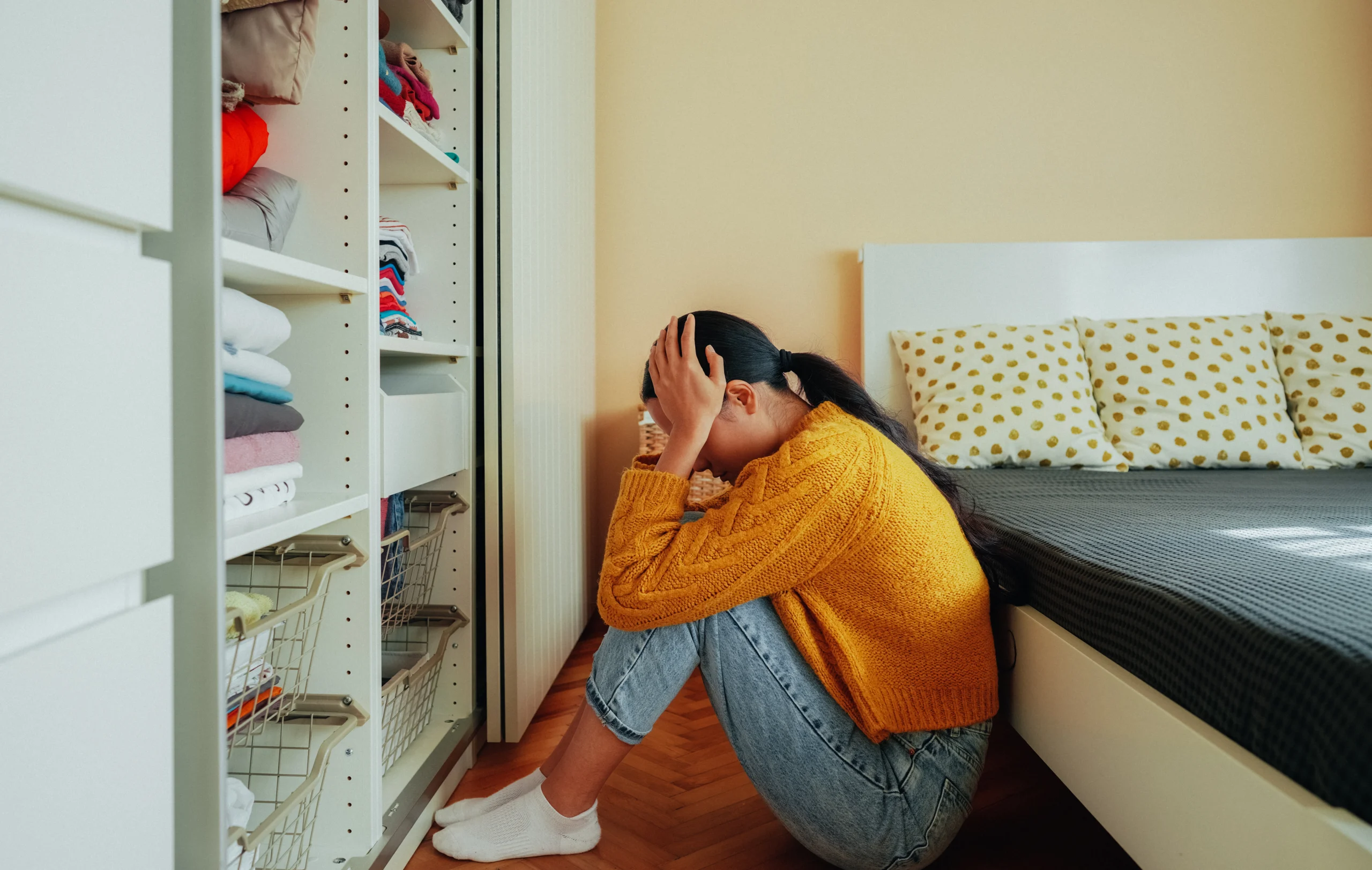Mental Health Disparities in Minority Communities

Mental health care is a frequently under-addressed (even dismissed) matter in minority communities, especially those of Hispanic, African and Asian roots.
On average, individuals within minority communities struggle with mental health conditions at the same rate as their counterparts, and yet, multiple disparities cause these individuals to face longer-lasting and sometimes even more severe consequences.
In this article, we’re going to take a look at the disparities in mental health conditions between those who are in minority communities and those who are not.
Understanding factors in disparities
A mental health disparity refers to the imbalanced or unequal treatments of a group, typically because of their race or ethnicity; it’s especially prevalent in healthcare and the medical system.
Racial disparities in mental health are not a new issue, though they are coming more into the light as mental health care becomes more widely accepted and practiced.
There is not any one source of these disparities, though the most common causes include—limited access to high-quality mental health services, cultural stigmas regarding mental health care, conditions and treatments, as well as an overall undersupply of educational resources.
Disparities statistics
To give you a more in-depth look into this, we’re now going to share with you some mental health disparities information and statistics, specifically those of minority communities.
People in minority communities are less likely to receive any form of mental health care. One study revealed 48 percent of Caucasians received treatment, compared to 31 percent of Hispanics and African Americans, and 22 percent of Asians.
Childhood trauma is especially prevalent within minority communities, particularly those of Hispanic or African roots, often lending to these children (as children or young adults) developing one or multiple substance use disorders.
African American communities
Two of the primary reasons that African Americans are reluctant to seek out mental health care is their anticipation of poor quality care. This fear is often paired with a lack of culturally competent medical professionals.
This is not unlike their Hispanic counterparts, who have a similar experience with mental health care.
Hispanic American communities
Hispanic American — sometimes referred to as LatinX — mental health disparities are, more often than not, sourced in a lack of insurance or legal coverage. Hispanic Americans are also reported to experiencing the most linguistic problems with medical providers, contributing to their reluctance to seek help.
A recent statistic revealed that Hispanic Americans are at a lower risk of developing a psychiatric disorder than their African American counterparts, though still more likely than Asian Americans.
Asian American communities
Asian Americans are known to have the highest life expectancy of any ethnic group within the United States, but also often report higher levels of stress than their Hispanic or African American counterparts. This is most likely due to cultural or societal expectations.
While over two million Asian Americans have admitted to having a mental health condition and/or a substance use disorder, they are still the least likely demographic to report mental health struggles. On top of that, they’re least likely to seek out any form of professional mental health care.
Reach out to us for help
If you or someone you know is struggling with a mental health condition, urge them to seek help. They might be reluctant to because of cultural or linguistic barriers, but those things don’t have to prevent them from accessing the mental health treatments they deserve.
If you’re feeling overwhelmed and you don’t know what to do right now — simply send us a message.
Here at High Focus Centers PA, we have worked hard to establish an organization committed to serving people of all ethnic, racial and cultural backgrounds. We pride ourselves on providing you with the highest level of care, including having a diverse team of culturally compassionate individuals who are dedicated to making you feel seen, heard and understood.
To learn more about how we can help you take care of your mental health, submit this form or call our office anytime at 610-644-6464.







